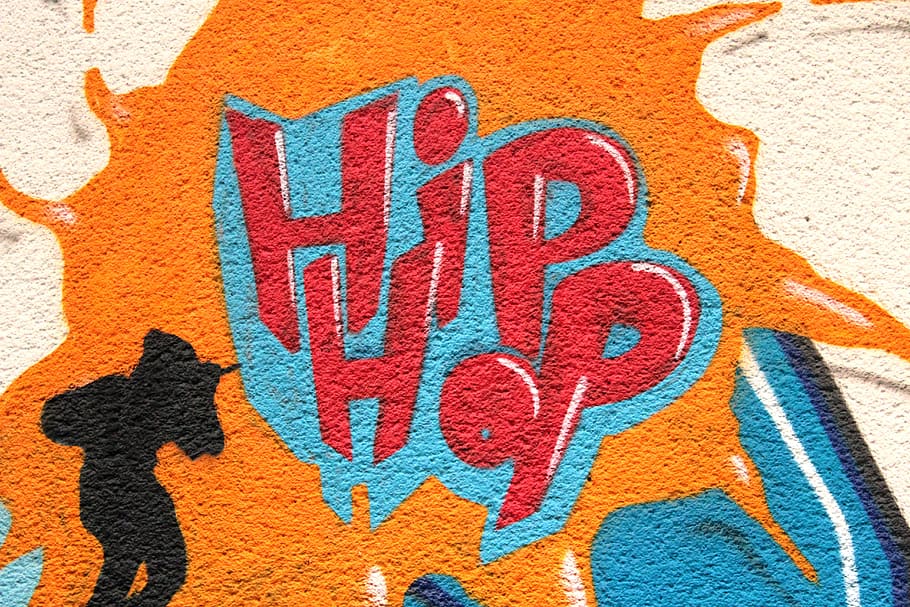Everyone has different tastes in music. Some folks ride hard for country. Others vibe with jazz, gospel, classical, or pop. But the one genre that always seems to stir the pot? Hip-hop.
Say what you want about it, but hip-hop is one of the most influential forces in modern culture. It’s in how we dress. It’s in how we talk. It’s in how we carry ourselves. Even if you don’t listen to it, you’ve probably felt its ripple.
Now, I’m not here to convince you to start bumping hip-hop on your daily commute. That’s not my job. But I can tell you why it matters to me and to a whole lot of people like me.
See, I grew up with hip-hop. It raised me. It talked to me when nobody else would. The lyrics? Sometimes it’s like the artist reached into your chest, pulled out your heart, and turned it into a verse. Whether it’s the wordplay, the pain, the joy, or just the rhythm that makes you nod your head or shake your hips, it connects.
And let’s talk about that beat. That melody. It hits your soul a certain way. Sometimes you want to dance. Sometimes you want to cry. And yeah, sometimes it sets a whole different mood behind closed doors.
But hip-hop is deeper than vibes.
I grew up listening to a lot of old-school music because that’s what spoke to me. A lot of new stuff doesn’t hit the same. It sounds too processed. No soul. Maybe that’s because I didn’t grow up in the TikTok generation. I grew up in Chicago. And that city, my city, shaped my sound.
There’s an artist from Chicago that I really connect with. G Herbo. And before you roll your eyes and label him a drill rapper, maybe try listening. I don’t connect with his music because of violence. I connect because of truth. Because of struggle. Because of survival.
When G Herbo raps about pain, I hear my own story. When he talks about pushing through, I remember every time I wanted to quit but didn’t. That’s why I listen. Not for the hype. Not for the image. For the message.
Rap gives voice to people who were told to stay silent. It tells stories that textbooks leave out. It reflects real life. Not some sugarcoated version for polite company. It’s not always pretty. Neither is life.
And yeah, I’ve heard the stereotypes. That listening to rap makes you violent or lazy or doomed for jail. I’m living proof that’s nonsense. I didn’t grow up to be a drug dealer. I didn’t end up in prison. I’ve had teachers look me in the eye and say I wouldn’t make it. I’ve had people treat me like I was a problem before I even opened my mouth.
Still here. Still grinding. Still growing.
There’s a reason so many Black men and women hold hip-hop close. We don’t listen just to be entertained. We listen to survive. To heal. To cope. And when you’ve been through trauma, when you’ve carried generational pain, hearing someone say, “I’ve been there too” really matters.
Now I’m not saying every white person hates hip-hop. But too many people criticize it without trying to understand it. They love the culture but ignore the struggle. They’ll dance to our beats but stay deaf to our stories.
And that’s the part that stings.
If more folks took the time to actually get to know someone from a different background, maybe even just ask a Black friend what’s on their playlist, they’d start to see the full picture. Not just the headlines. Not just the stereotypes.
They’d see the pain behind the poetry. The faith behind the fight. The heart behind the hustle. So no, hip-hop might not be for everyone. But for people like me, it’s everything.
Peace out.

